Field cultivation plays a crucial role in the overall success of agricultural practices. It is necessary to choose the right field cultivator that matches the specific needs of your farm. This article aims to guide you in selecting the best field cultivator by considering several key factors such as functionality, durability, versatility, and cost-effectiveness. 1. Functionality: When choosing a field cultivator, it’s essential to consider its functionality.
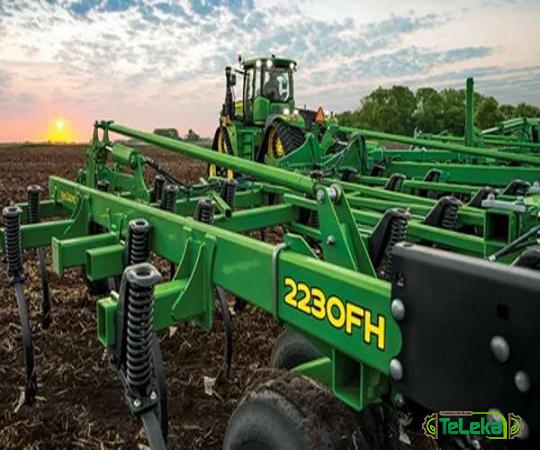
.
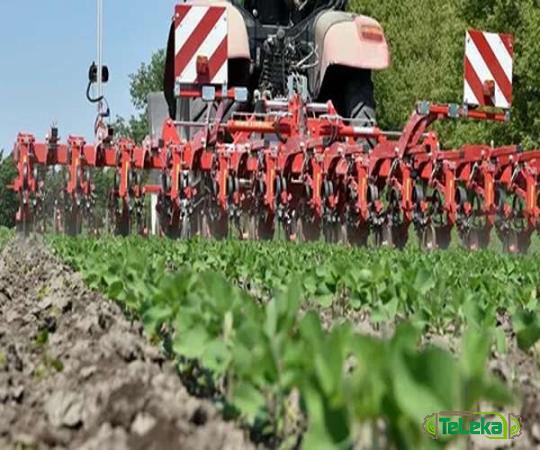 Look for cultivators that offer adjustable shank depth, allowing for precise cultivation at various soil depths. Additionally, consider cultivators with adjustable row spacing to accommodate different crop requirements. The ability to adjust working widths is also important for matching the cultivator to your field size. 2. Durability: Investing in a durable field cultivator ensures that it will withstand the rigors of continuous use. Look for cultivators made from high-quality materials such as sturdy steel frames and wear-resistant shovels. Robust construction not only prolongs the cultivator’s lifespan but also guarantees efficient performance in challenging soil conditions.
Look for cultivators that offer adjustable shank depth, allowing for precise cultivation at various soil depths. Additionally, consider cultivators with adjustable row spacing to accommodate different crop requirements. The ability to adjust working widths is also important for matching the cultivator to your field size. 2. Durability: Investing in a durable field cultivator ensures that it will withstand the rigors of continuous use. Look for cultivators made from high-quality materials such as sturdy steel frames and wear-resistant shovels. Robust construction not only prolongs the cultivator’s lifespan but also guarantees efficient performance in challenging soil conditions.
..
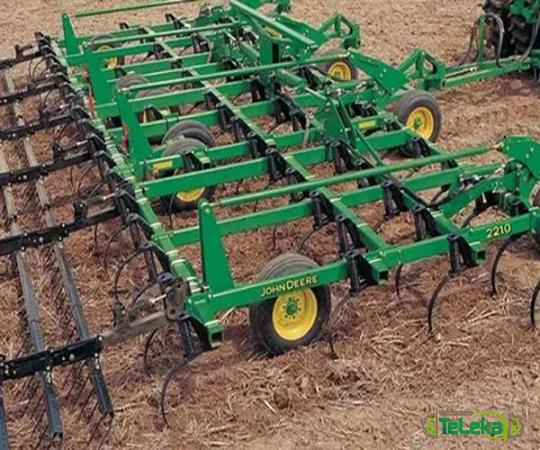 3. Versatility: A versatile field cultivator allows farmers to perform various tasks using a single machine. Look for cultivators equipped with interchangeable tines or shovels, which can be easily adjusted according to the specific requirements of different crops or soil conditions. Additionally, consider cultivators that offer optional attachments, such as harrows or seedbed finishers, to further enhance their versatility. 4. Ease of Maintenance: A field cultivator should be relatively easy to maintain, as it will require regular upkeep to ensure optimal performance. Consider cultivators that have easily replaceable parts and require simple adjustments. Quick and hassle-free maintenance ensures minimal downtime and maximizes overall productivity. 5. Cost-Effectiveness: Determining the cost-effectiveness of a field cultivator involves assessing the upfront cost as well as the long-term benefits it provides.
3. Versatility: A versatile field cultivator allows farmers to perform various tasks using a single machine. Look for cultivators equipped with interchangeable tines or shovels, which can be easily adjusted according to the specific requirements of different crops or soil conditions. Additionally, consider cultivators that offer optional attachments, such as harrows or seedbed finishers, to further enhance their versatility. 4. Ease of Maintenance: A field cultivator should be relatively easy to maintain, as it will require regular upkeep to ensure optimal performance. Consider cultivators that have easily replaceable parts and require simple adjustments. Quick and hassle-free maintenance ensures minimal downtime and maximizes overall productivity. 5. Cost-Effectiveness: Determining the cost-effectiveness of a field cultivator involves assessing the upfront cost as well as the long-term benefits it provides.
…
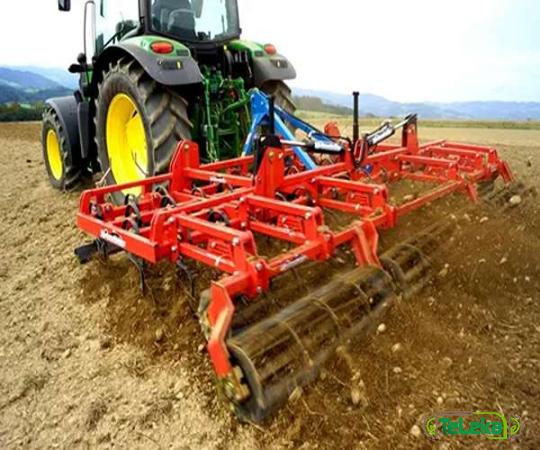 While it may be tempting to opt for a cheaper cultivator, it is crucial to consider the durability and expected lifespan of the machine. Investing in a high-quality cultivator may prove more cost-effective in the long run due to its extended service life, reduced maintenance costs, and higher efficiency levels. Conclusion: Selecting the best field cultivator for your farm involves careful consideration of several key factors including functionality, durability, versatility, ease of maintenance, and cost-effectiveness. By evaluating these aspects, farmers can make an informed decision and invest in a cultivator that will not only enhance productivity but also contribute to the overall success of their agricultural operations. Remember that choosing the right field cultivator is an investment that can yield significant rewards for years to come.
While it may be tempting to opt for a cheaper cultivator, it is crucial to consider the durability and expected lifespan of the machine. Investing in a high-quality cultivator may prove more cost-effective in the long run due to its extended service life, reduced maintenance costs, and higher efficiency levels. Conclusion: Selecting the best field cultivator for your farm involves careful consideration of several key factors including functionality, durability, versatility, ease of maintenance, and cost-effectiveness. By evaluating these aspects, farmers can make an informed decision and invest in a cultivator that will not only enhance productivity but also contribute to the overall success of their agricultural operations. Remember that choosing the right field cultivator is an investment that can yield significant rewards for years to come.
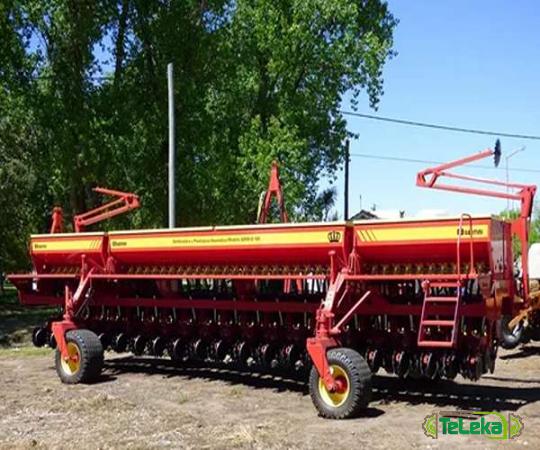
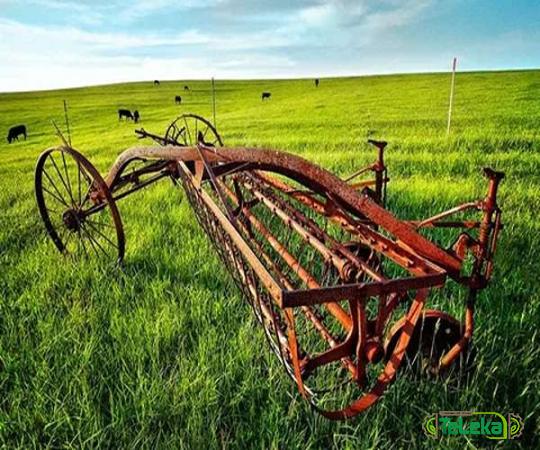
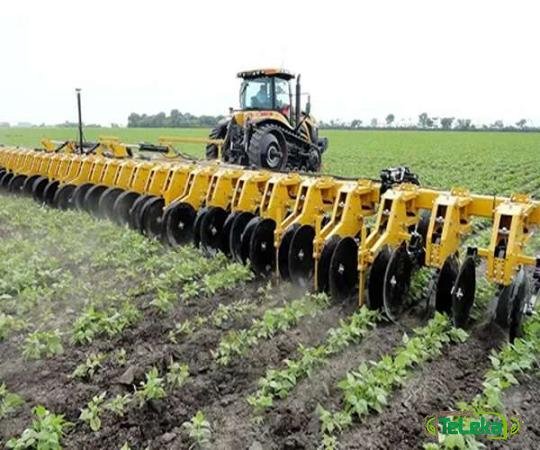
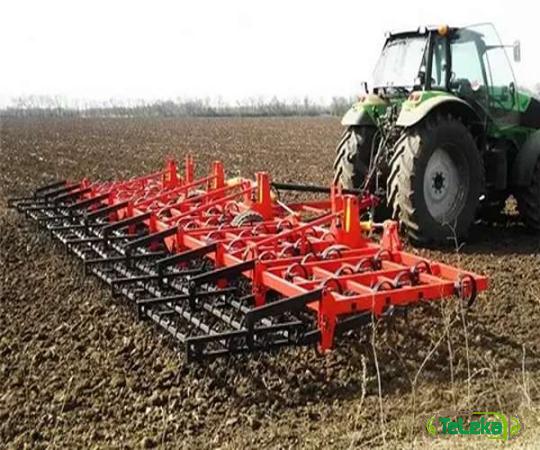
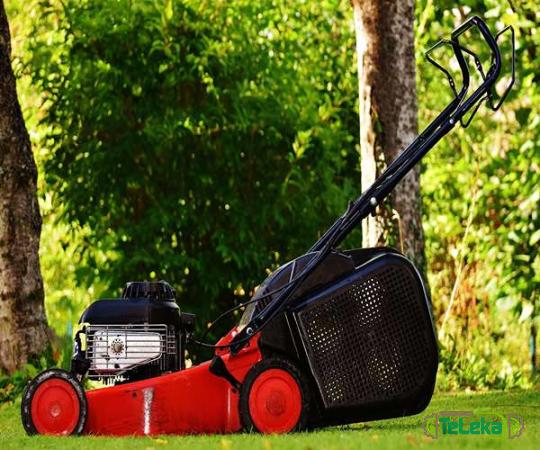
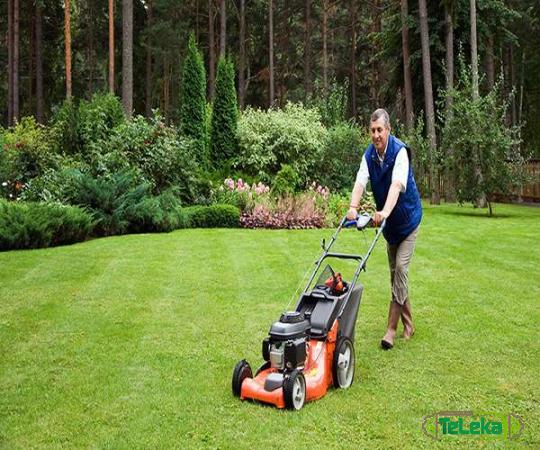


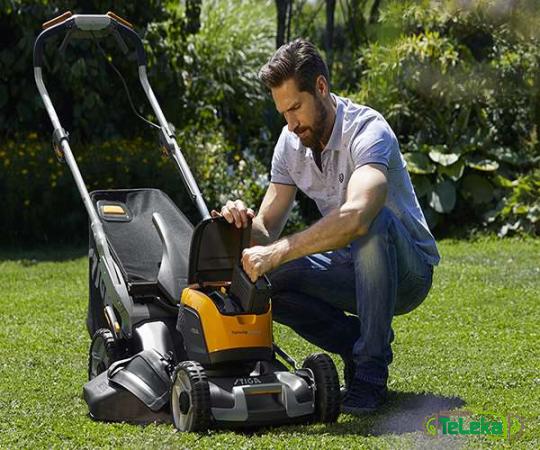
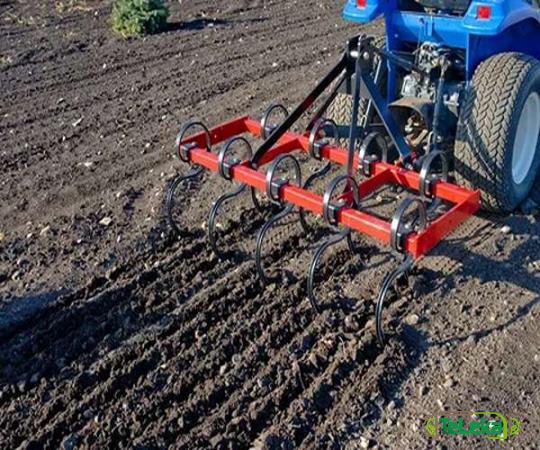
Your comment submitted.